Who forms our


Deborah Nas
Deborah Nas is part-time Professor of strategic design for technology-based innovation in the Faculty of Industrial Design Engineering (IDE) and innovation expert. She studied IDE at TU Delft.
In the shadow of generative AI lurks an important question: who forms our worldview? In the past, the way we saw the world was shaped by newspapers, local gossips and the tall tales of adventurous uncles. The rise of radio, television, and later the Internet broadened our horizons, but our perspectives on life remained deeply indebted to the dominant culture around us. Even in the digital age, a time in which everyone can share content to their heart’s content, our view of the world has remained surprisingly uniform. Until now, that is, as the emergence of generative AI is the prelude to a tipping point. This technology, trained on extensive datasets, may be able to generate funny images independently, but also carries the risk of bias and may therefore reinforce stereotypes. At the same time, it provides a unique opportunity to correct bias. Feeding a prompt into an algorithm may seem like a solution, but as Google discovered shortly after launching Gemini, it can lead to unintended and sometimes unrealistic representations. The algorithm created images of people of colour in German uniforms, dressed as the Pope, as the founding fathers of the United States and the Vikings. There wasn’t a white man or woman in sight. It was a historical melting pot that even the world’s most creative history teacher would have struggled to conceive. After several hours, Google decided to disable the image generation feature. Nowadays, the power to shape our worldview is no longer the purview of traditional media magnates, who have handed the sceptre to tech CEOs. While you could argue that not much has changed, the scalability and invisibility of the algorithms writing copy, generating images and serving as our virtual assistants do make a significant difference. After all, they will have a major impact on the content we generate and hurl into the digital world. AI will bring about an explosion of content generation, before gobbling it back up again as training data. This system gives us the opportunity to make an active contribution to a more diverse and inclusive digital landscape. The question is not who forms our worldview, but what we want our digital world to look like. This is the time to take responsibility and use our influence in the digital representation of the world for the better.
© Portrait: Marcel Krijger
